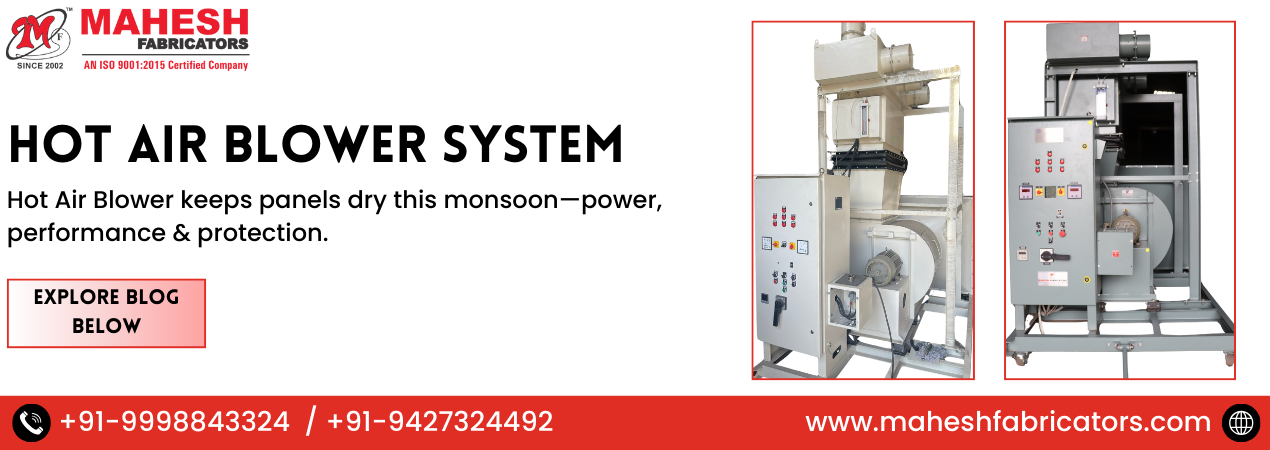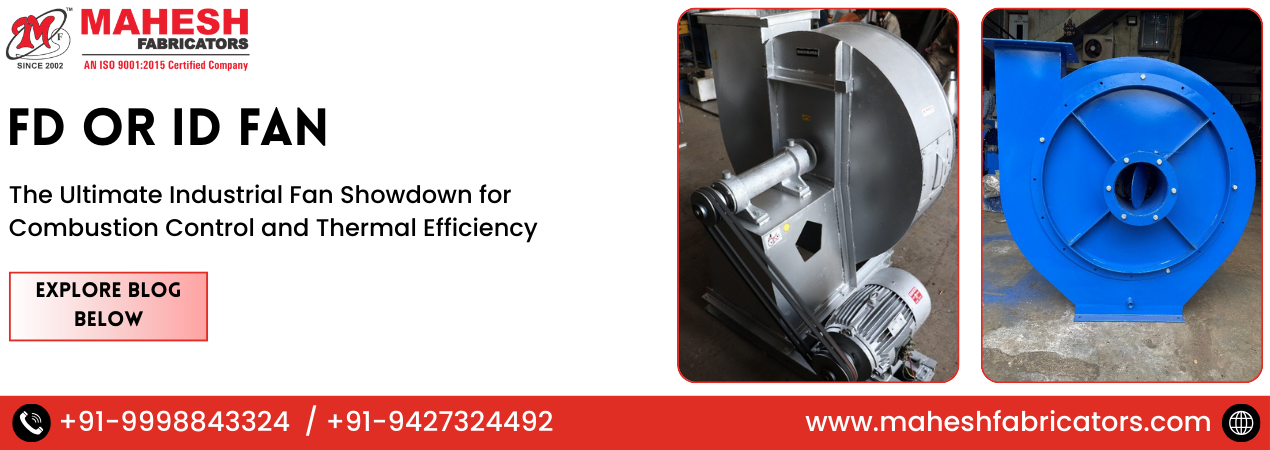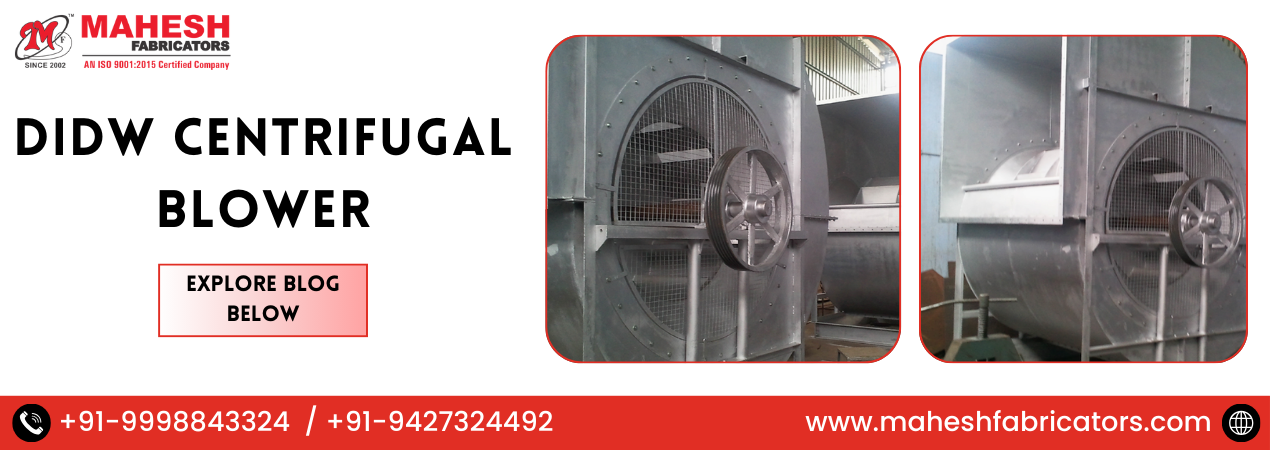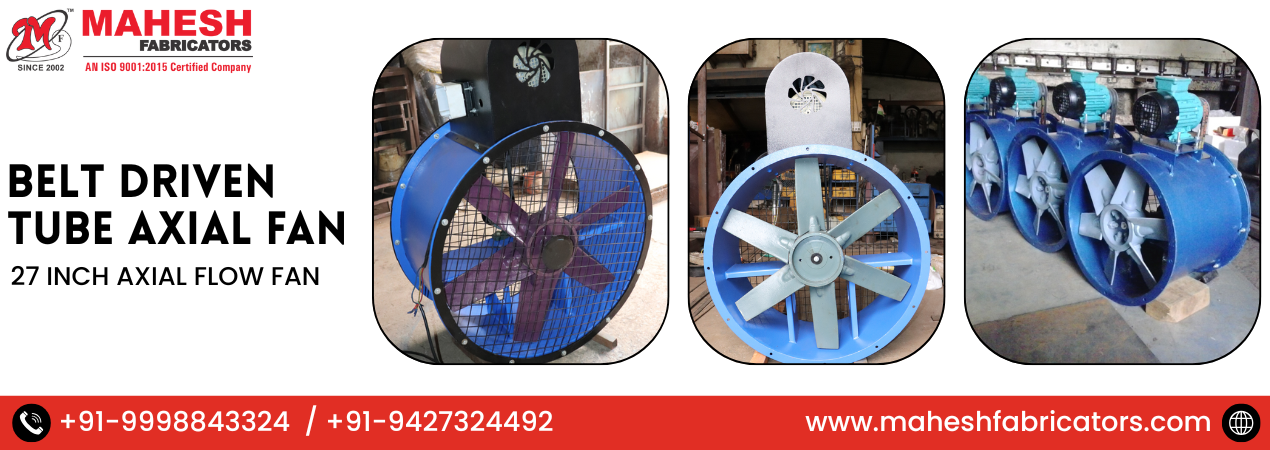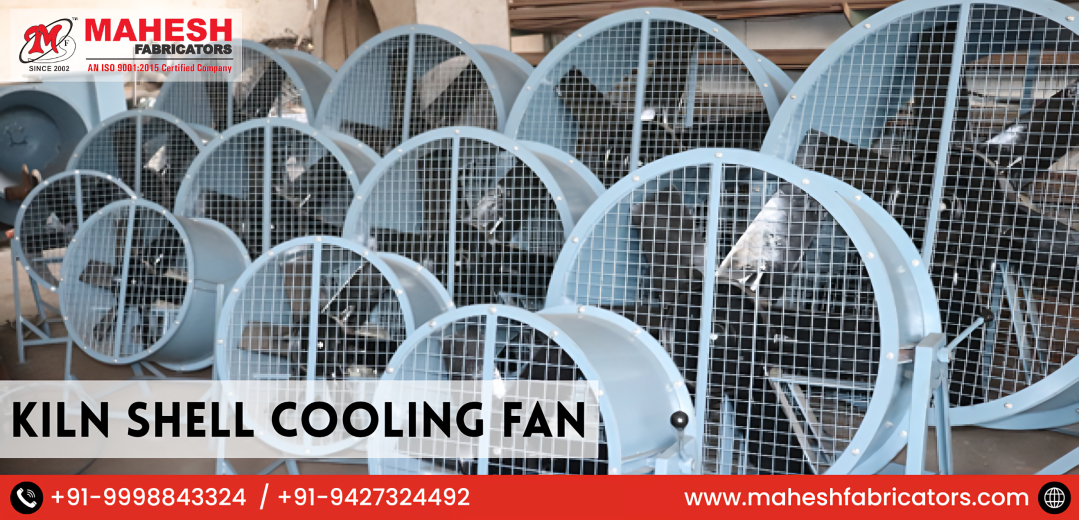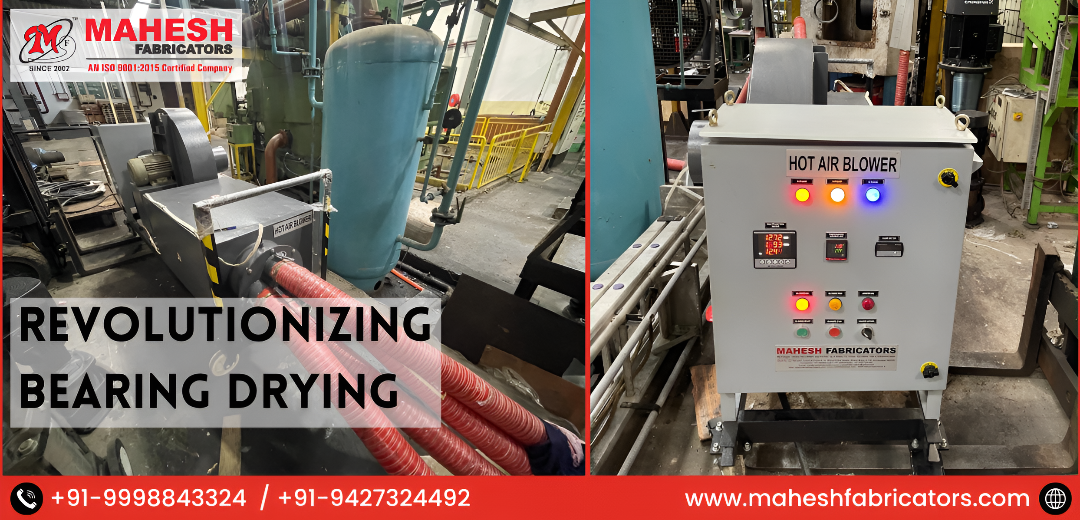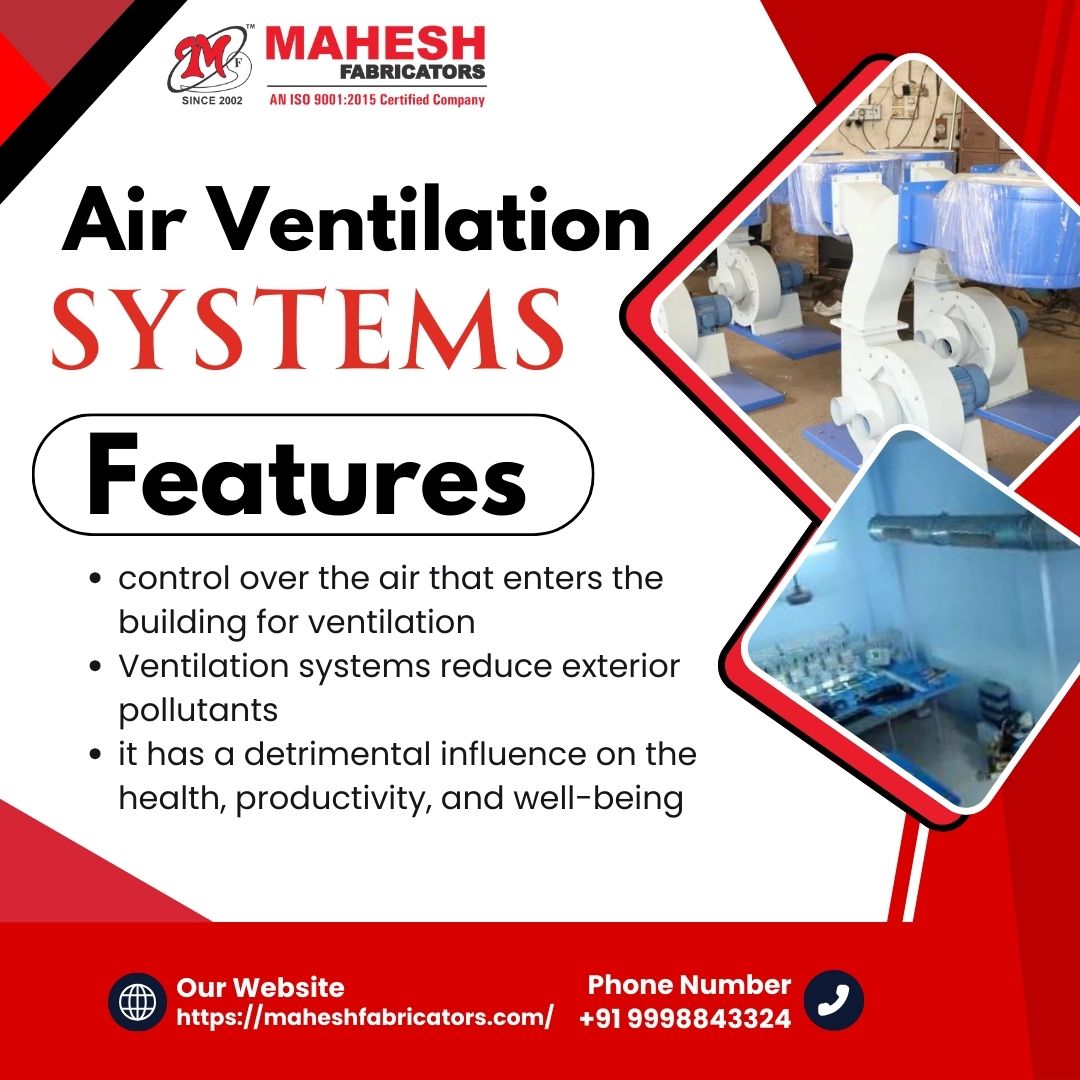
Air Ventilation Systems
Overview:
Air ventilation systems are designed to circulate fresh air, remove stale indoor air, and maintain optimal air quality. They play a vital role in ensuring a healthy, comfortable, and energy-efficient environment in both residential and commercial spaces.
Applications:
-
Commercial Buildings: Offices, shopping malls, hotels, and restaurants
-
Industrial Facilities: Factories, warehouses, production areas
-
Residential Homes: Apartments, villas, and housing complexes
-
Healthcare: Hospitals, clinics, and laboratories
-
Educational Institutions: Schools, colleges, and universities
-
Clean Rooms: Electronics, pharmaceuticals, and food processing units
-
Parking Garages: To remove carbon monoxide and harmful gases
Features:
-
Energy Efficient Operation
-
Automatic Control & Monitoring
-
High Airflow Capacity
-
Low Noise Design
-
HEPA & Carbon Filtration Options
-
Flexible Ducting Compatibility
-
Easy Installation & Maintenance
-
Humidity & Temperature Regulation
-
Eco-friendly and Compliant with Green Building Standards
Uses:
-
Improves indoor air quality by removing dust, allergens, and pollutants
-
Reduces moisture and mold buildup
-
Enhances thermal comfort and HVAC efficiency
-
Supports proper air circulation in closed environments
-
Essential for maintaining safety in chemical or fume-prone areas
-
Prevents accumulation of odors and harmful gases
FAQs:
Q1. What is an air ventilation system?
A ventilation system provides fresh air by replacing or diluting indoor air that contains contaminants, moisture, or odors.
Q2. Why is ventilation important?
Ventilation ensures healthy air quality, prevents mold growth, removes airborne pollutants, and regulates indoor temperature and humidity.
Q3. How often should a ventilation system be serviced?
Typically every 6–12 months, depending on usage and environmental conditions.
Q4. Can I integrate a ventilation system with my existing HVAC?
Yes, most systems are compatible with HVAC units for seamless air distribution and energy savings.
Q5. Are there energy-efficient options available?
Yes, many modern systems are designed to be energy-efficient and compliant with green building standards.
Q6. What types of filters are used in ventilation systems?
Commonly used filters include HEPA, carbon, electrostatic, and UV filters depending on the application.
Q7. Is ventilation required in residential buildings?
Yes, good ventilation is critical in homes to maintain health and comfort, especially in kitchens, bathrooms, and basements.
